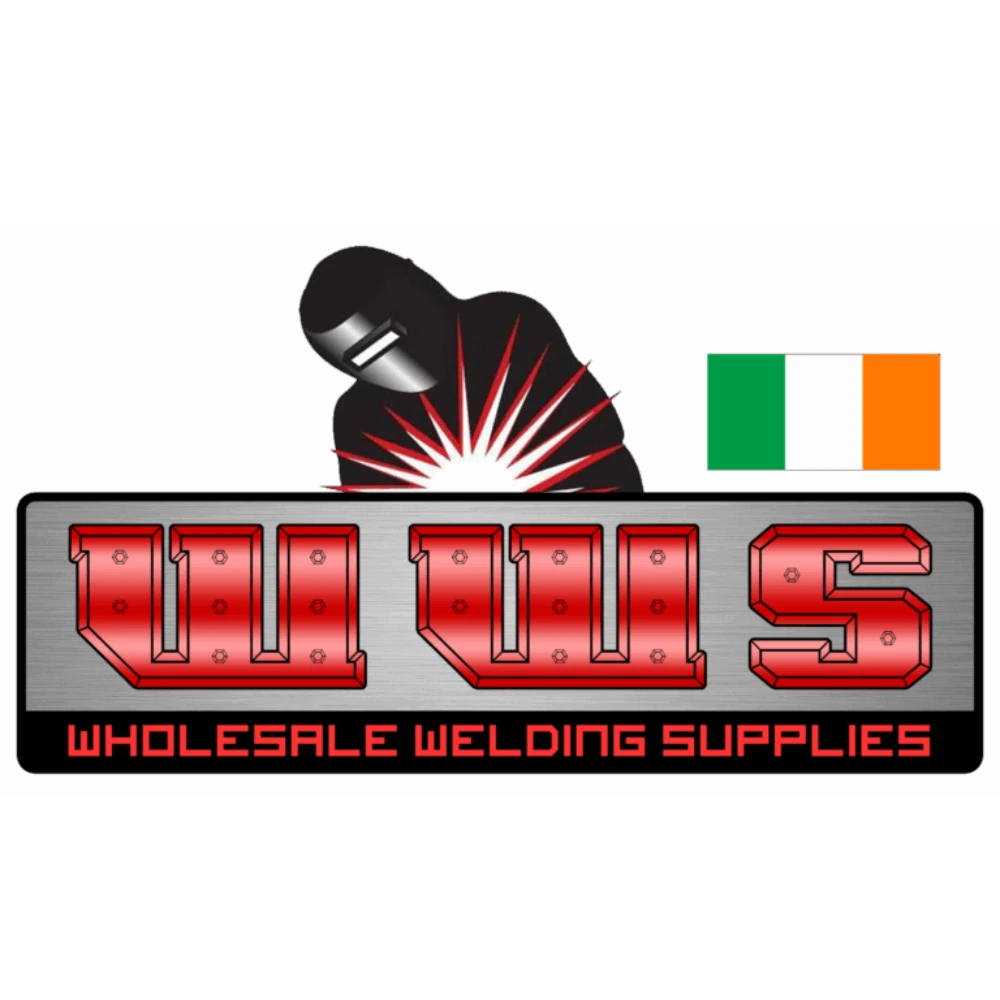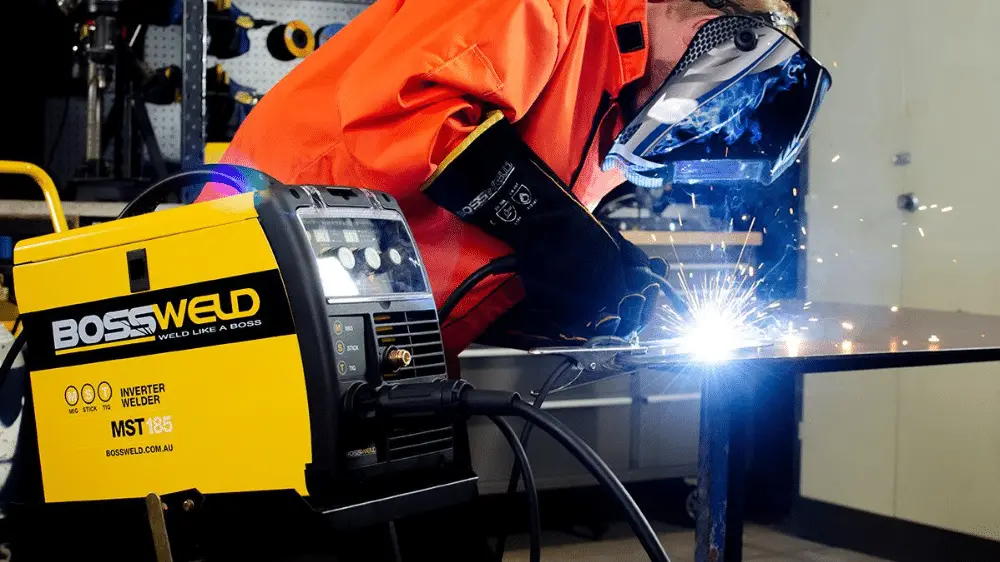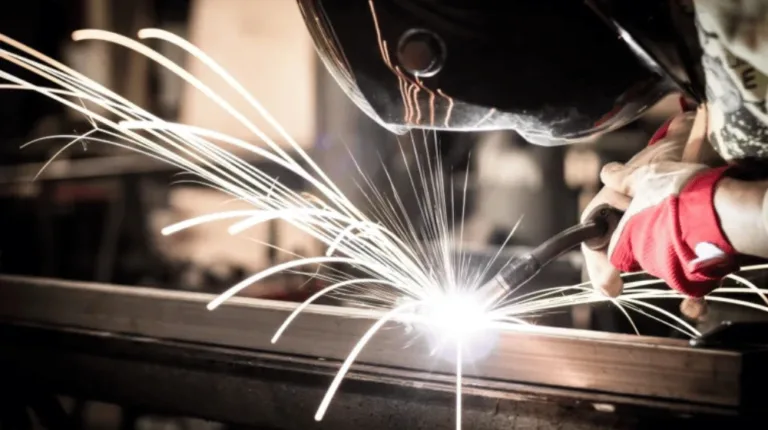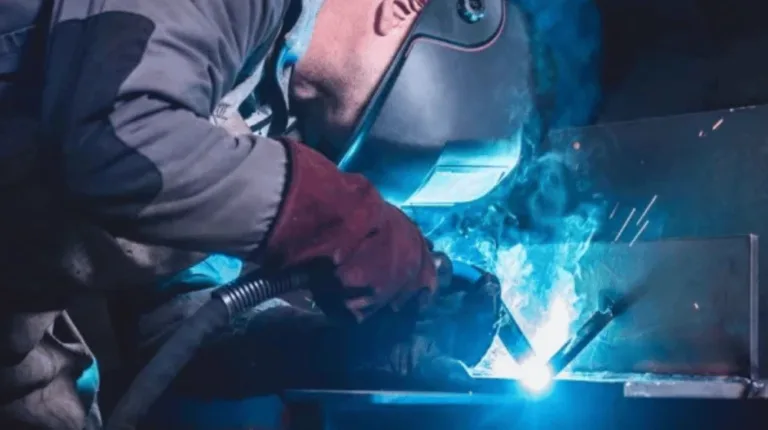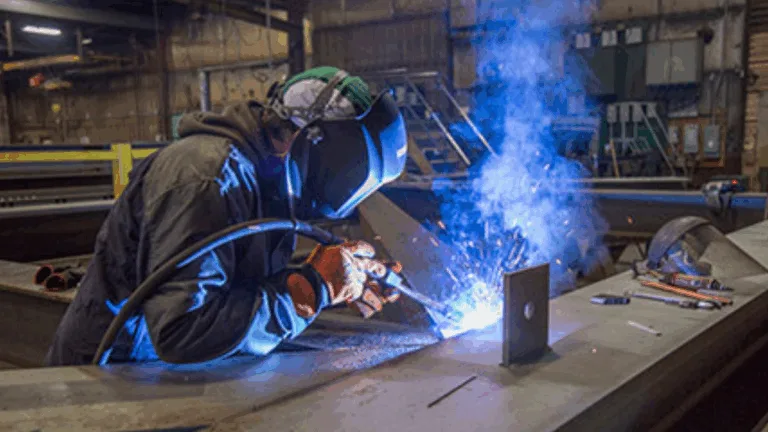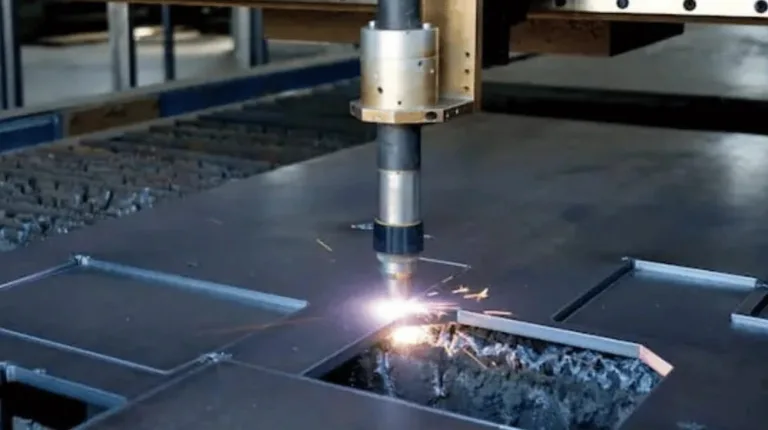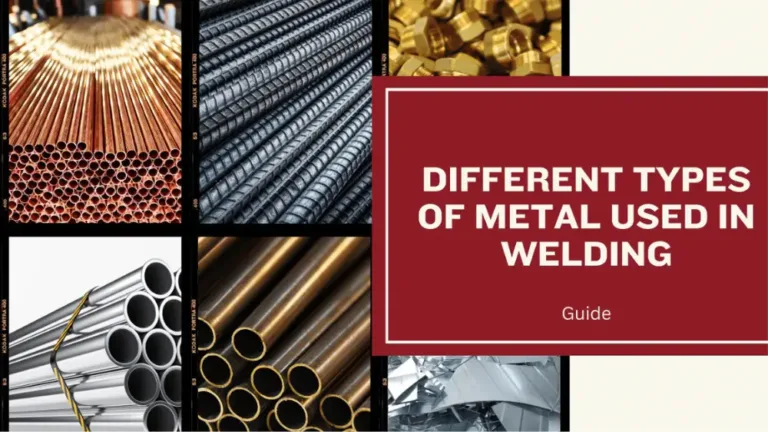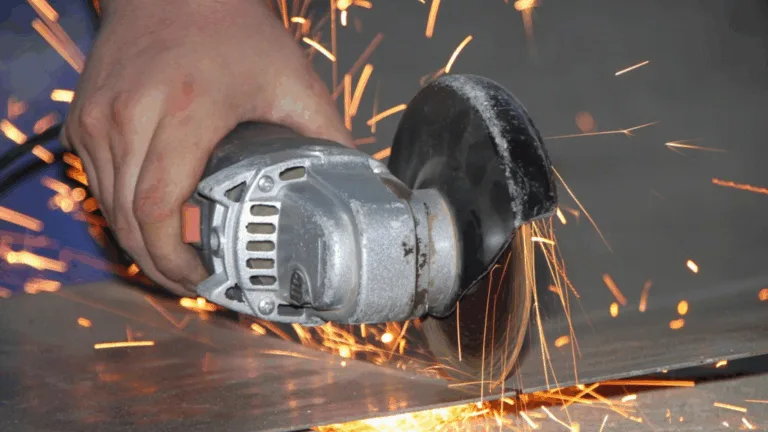How to Choose the Right Welder for Home Use could give you a troublesome time, for there are so many machines in the market today. Whether you are just beginning with some basic DIY fixes or you are an experienced professional dealing with advanced metalwork, the right welder is key. In this guide, we will introduce you to factors to consider, types of welders, and the best option for your needs.
Types of Welders Available for Home Use
Some time recently buying a welder, it’s basic to know the different types and what they’re best suited for. Each has its focal points and is planned for particular assignments around the home.
1. MIG Welders – Easy and Versatile
MIG welding is one of the most popular methods for beginners and domestic clients. It’s generally simple to memorize and works well for lean to medium-thick metals like gentle steel, stainless steel, and aluminum. With the help of a wire feeder and protective gas, MIG welders offer clean, smooth welds.
2. TIG Welders – For Clean and Precise Work
TIG welding requires more ability but conveys highly exact and stylishly satisfying welds. It’s perfect for more slender materials and point-by-point work like bike outlines, garden furniture, or enhancing things. TIG welders use a tungsten electrode and work best for aluminum and stainless steel.
3. Stick Welders – Rugged and Affordable
Stick or circular segment welders are excellent for open-air projects or heavy-duty repairs. They’re more forgiving of corroded or messy metals and don’t require protective gas. In spite of the fact that they may make more splatter, they’re cost-effective and extreme.
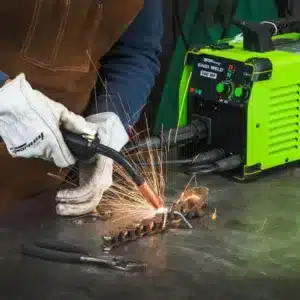
Key Elements to Consider Before Buying
There’s no one-size-fits-all welder. The leading choice depends on your projects, budget, and workspace.
1. Power Requirements – 120V vs 240V
A few domestic welders work on standard 120V family control, whereas others require 240V for thicker metals. Make beyond any doubt your home wiring matches the welder’s control needs.
2. Duty Cycle – How Long Can You Weld?
The duty cycle tells you how long the welder can work continuously some sometimes requiring a break. A 20% obligation cycle at 100A means you will be able to weld for 2 minutes and rest for 8. For casual home utilize, lower obligation cycles may be acceptable.
3. Metal Thickness – Match the Welder to Your Job
Consider what type of metal and thickness you plan to weld. For light repair work, a small MIG welder may suffice. For outline or trailer repair, go for a machine with more amps and entrance.
4. Portability – Do You Need to Move It Around?
On the off chance that you’ll be working on totally different parts of the house or garage, select a lightweight, compact welder with a carry handle. Numerous home-use models are portable and simple to store.
Safety and Ease of Use – choose a welder made for home users.
Don’t overlook security highlights and ease of utilize when selecting a welder.
1. Built-in Safety Features
Look for over-burden protection, warm shutoff, and voltage change controls to protect both the client and the machine.
2. User-Friendly Controls
Advanced shows, simplified settings, and automatic wire feed make a big distinction for tenderfoots. A few MIG welders indeed come with pre-set parameters for fast setup.
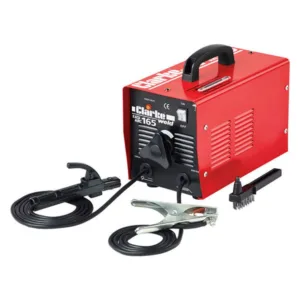
Where to Buy a Quality Home Welder
You’ll be able to discover top-rated welders for home use at dedicated welding providers like: wholesale welding supplies, A dedicated provider of high-quality welding gear for specialists and experts in Ireland. For committed welding instruments, check stages that specialize in mechanical instruments or nearby equipment providers with a focus on home clients.
Conclusion
Selecting the proper welder for home utilize based on your ability level, project type, and budget. MIG welders offer ease of utilize, TIG welders give accuracy, and adhere welders bring rough adaptability. By understanding the control needs, duty cycle, and security highlights, you’ll discover a machine that suits your domestic workshop superbly. Start your welding journey with certainty and get arranged to bring your DIY projects to life!
FAQ’s
Q1. What is the easiest welder to utilize for beginners?
A MIG welder is, for the most part, considered the least demanding to memorize and utilize, particularly for home and DIY projects.
Q2. Can I utilize a 240V welder at domestic?
Yes, if your domestic has the correct 240V outlets or you’re willing to introduce one. Many home garages are equipped for this.
Q3. Is TIG welding reasonable for home use?
TIG welding is awesome for point-by-point and lean metalwork, but requires more expertise and a clean work environment.
Q4. What security adapt do I require when welding at domestic?
You’ll need a welding head protector, gloves, secure clothing, and proper ventilation to guarantee a protect workspace.
Q5. How much ought I spend on a welder for home utilize?
A great entry-level MIG welder can cost between $200–$500, depending on brand and features. Stick welders are, as a rule, cheaper.
